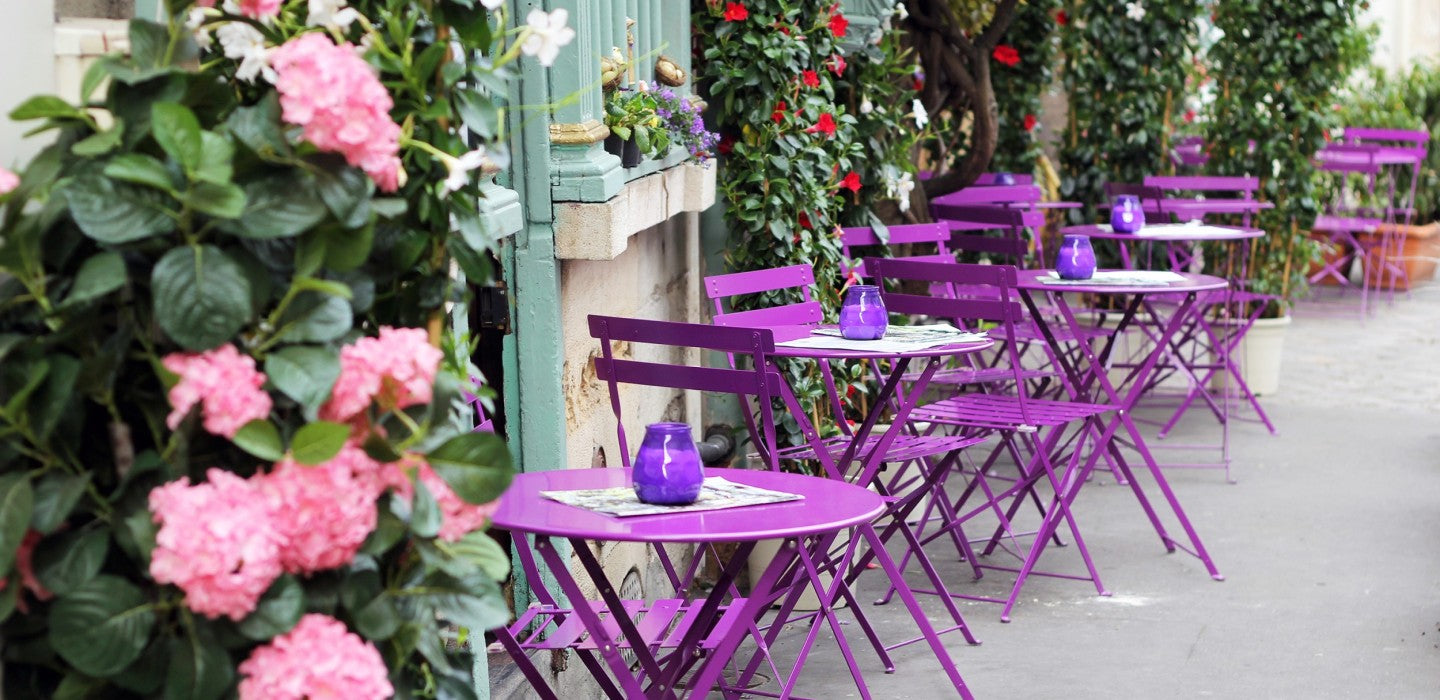The Café Culture
In the fast-paced modern world, cafés have become a cornerstone of social life. While they infiltrate cities around the globe with their tantalizing aromas and comfortable spaces, one might pause and ponder, what exactly is a café? Why do its roots matter, and how has it adapted over the subsequent centuries?
Essence of a Café
A café is undoubtedly a significant part of many societal rituals today. Originating from the French word for the beverage 'coffee', the term aptly paints a picture of a place mainly serving coffee. However, that's just the surface. Cafés represent more than just establishments offering brewing cups of java. They're an integral fixture of community life, a common melting pot for ideas, conversation, solitude, and, on occasion, the birthplace of revolutions. This particular type of establishment, known as Kaffeehaus in German, has been adopted globally, transforming in response to its local socio-cultural environment.
The Historical Roots of Cafés
The first cafés emerged within the Ottoman Empire, particularly in its capital, Constantinople, around 1554. More than establishments, these were arenas of intellectual engagement and social interaction. The Western world's first-known café burst onto the scene in 1647, under the arcades of Markusplatz in Venice, courtesy of Venetian merchants. These adventurers, having experienced the unique café culture in Alexandria and Constantinople, introduced this stimulating concept back home. This Venetian innovation then quickly gained popularity and spread across Europe, with cafés establishing their presence in every corner of the continent.
The Significance of Cafés in the Past
Cafés in their early days carried a crucial societal role, providing space for a plethora of activities. For instance, they served as common ground for merchants to conduct business deals, and venues for a diverse range of events like concerts. People frequented cafés to peruse, thereby gaining access to knowledge and current affairs and contributing to the Enlightenment's progress.
Moreover, these public, neutral environments offered the perfect stage for lively debates, playing host to animated discussions. Even leisure activities like games found their venue in cafés. Accordingly, these establishments engendered and encouraged interaction among patrons, furthering societal progress and enlightenment.
The Advent of Modern Cafés
Fast to the present, while modern cafés echo their predecessors in many ways, they've evolved in response to changing times and societal preferences. The societal significance that traditional cafés held has somewhat faded in the 21st century, yet they remain popular meeting hubs, perfect for impromptu meetups, work sessions, or leisurely newspaper reading.
Modern cafés stand out with their casual ambiance and are often referred to as 'coffee shops.' The line between a café and a bar has blurred, with many contemporary establishments offering an extended menu that caters to both day-time coffee enthusiasts and night-time social crowds.
Conclusion
From an Ottoman Empire antiquity, cafés have ultimately emerged as indispensable spaces in our daily lives. While classic and modern cafés might differ on the surface—affected by the era's societal contexts—their core essence remains. They create a welcoming environment that not only satisfies caffeine cravings but also nurtures a sense of community. It's an enduring testament to cafes' significant role in society: providing a unique cultural hub where ideas brew as much as the exquisite coffee we savor. As we delve into the depth of a coffee cup, it's vital to acknowledge the depth of café culture, and to appreciate its journey through time. Whether traditional or modern, the heart of a café seeps into our routines, revolutionizing the way we interact, work, and socialize—one cup at a time.



Leave a comment
This site is protected by hCaptcha and the hCaptcha Privacy Policy and Terms of Service apply.